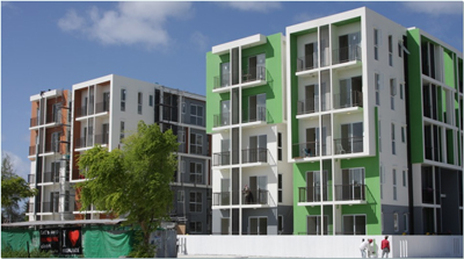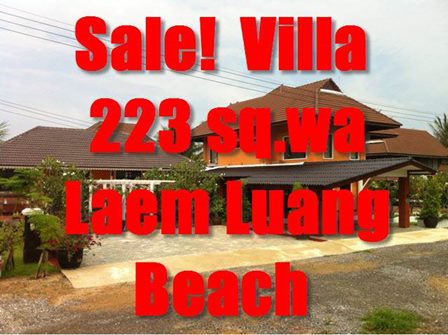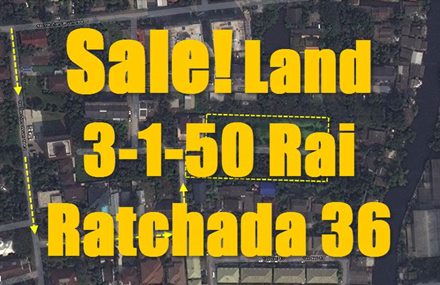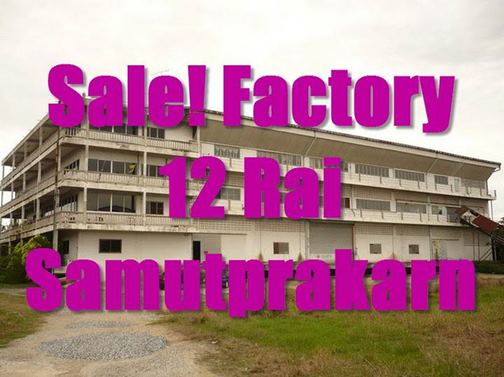
Thailand’s largest real-estate developer withdraws its investment in the Maldives after recording a loss of US$3.2million, reports Minivan News’ Daniel Bosley.
Last week, Pruksa CEO, Thongma Vijitpongpun confirmed its depletion of a Hulhumale development in an interview with The Nation.
According to Miniwan News, in 2010, Pruksa formed a dual venture agreement to build over 100 houses with the former Hulhumale’ Development Corporation, now Housing Development Corporation (HDC).
Last week, Pruksa CEO, Thongma Vijitpongpun confirmed its depletion of a Hulhumale development in an interview with The Nation.
According to Miniwan News, in 2010, Pruksa formed a dual venture agreement to build over 100 houses with the former Hulhumale’ Development Corporation, now Housing Development Corporation (HDC).
In the same year, construction of the first phase, consisting of around 180 units, commenced.
In the initial period there were problems with the standards in construction quality, which caused delays as work was redone to meet the standards set by the quality control officer.
Pruska’s company secretary in the Maldives, Mohamed Sharah declared that they had not been informed of the back-out and that work on the first phase is continuing.
The first phase consists of nine blocks, housing 180 apartments. Six apartments are completed, four of which have been assigned to purchasers. The first phase is scheduled for completion by July of this year.
All 180 units were sold in Maldivian rufiyaa prior to construction. Pruksa anticipated a profitable venture: “We started to pre-book our project in the Maldives last month for the first phase of 180 units. Demand is for more than that amount and as a result we believe our presales in the Maldives will exceed our estimate,” said the company’s chief business officer in an interview with The Nation, June 2010.
Recently, Sharah said that this policy, due to local currency problems, had “caused significant losses” for the real-estate developer.
He said: “Pruksa have faced devolution of the currency and a shortage of dollars in the Maldives.”
When the 180 unit sales were completed the price of the rufiya was Rf12.85 to the US dollar.
Ninety per cent of the units were sold using the pre-booking system. The initial value of the apartments was between Rf0.9million US$ 59,210 and Rf1.6million US$105,263, according to Minivan News.
The fluctuation in exchange rates in the period following the unit sales resulted in a loss of Pruska’s projected income between US$1.8 and 3.3million.
Government implementation of ‘managed floatation’ of the currency in 2011 allowed the rufiyaa to be traded within a 20 per cent margin of its former rate.
The result being: the devaluation of the currency to a rate of 15.42 to the US dollar – which is unable to be exchanged outside the blackmarket, where rates can reach Rf 17-18 to US$.
The problem is likely to continue as the government’s budget deficit was predicted to reach 27 per cent of the country’s GDP in 2012, according to figures released by the Majilis Finance Committee.
“As long as the government continues to inject substantial amounts of new spending into the economy, the foreign exchange situation in the country will not be resolved,” said Jonathan Dunn, International Monetary Fund’s head of mission to the Maldives.
A Pruska representative was unable to confirm the cessation of the company’s project in the Maldives.
The Hulhumale project is considered as the most ambitious urban development project in the history of the country. The internal migration of Maldivians to the island and the reclamation of land is seen as fundamental to the country’s long term plans for congestion relief and economic development.
By Property Report
In the initial period there were problems with the standards in construction quality, which caused delays as work was redone to meet the standards set by the quality control officer.
Pruska’s company secretary in the Maldives, Mohamed Sharah declared that they had not been informed of the back-out and that work on the first phase is continuing.
The first phase consists of nine blocks, housing 180 apartments. Six apartments are completed, four of which have been assigned to purchasers. The first phase is scheduled for completion by July of this year.
All 180 units were sold in Maldivian rufiyaa prior to construction. Pruksa anticipated a profitable venture: “We started to pre-book our project in the Maldives last month for the first phase of 180 units. Demand is for more than that amount and as a result we believe our presales in the Maldives will exceed our estimate,” said the company’s chief business officer in an interview with The Nation, June 2010.
Recently, Sharah said that this policy, due to local currency problems, had “caused significant losses” for the real-estate developer.
He said: “Pruksa have faced devolution of the currency and a shortage of dollars in the Maldives.”
When the 180 unit sales were completed the price of the rufiya was Rf12.85 to the US dollar.
Ninety per cent of the units were sold using the pre-booking system. The initial value of the apartments was between Rf0.9million US$ 59,210 and Rf1.6million US$105,263, according to Minivan News.
The fluctuation in exchange rates in the period following the unit sales resulted in a loss of Pruska’s projected income between US$1.8 and 3.3million.
Government implementation of ‘managed floatation’ of the currency in 2011 allowed the rufiyaa to be traded within a 20 per cent margin of its former rate.
The result being: the devaluation of the currency to a rate of 15.42 to the US dollar – which is unable to be exchanged outside the blackmarket, where rates can reach Rf 17-18 to US$.
The problem is likely to continue as the government’s budget deficit was predicted to reach 27 per cent of the country’s GDP in 2012, according to figures released by the Majilis Finance Committee.
“As long as the government continues to inject substantial amounts of new spending into the economy, the foreign exchange situation in the country will not be resolved,” said Jonathan Dunn, International Monetary Fund’s head of mission to the Maldives.
A Pruska representative was unable to confirm the cessation of the company’s project in the Maldives.
The Hulhumale project is considered as the most ambitious urban development project in the history of the country. The internal migration of Maldivians to the island and the reclamation of land is seen as fundamental to the country’s long term plans for congestion relief and economic development.
By Property Report












 RSS Feed
RSS Feed
